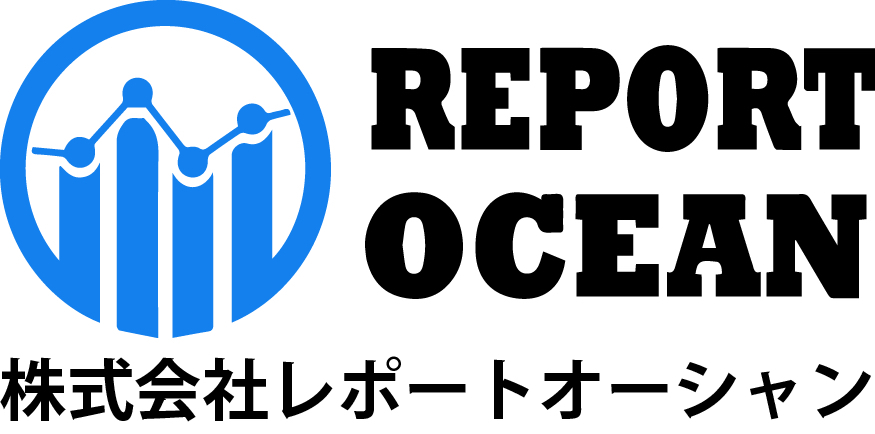日本モールディングコンパウンド市場規模、シェア、競争環境、動向分析レポート:モールディングタイプ別(シートモールディングコンパウンド、バルクモールディングコンパウンド、厚物モールディングコンパウンド)、コンパウンドタイプ別(熱硬化性コンパウンド、長繊維強コンパウンド、熱可塑性モールディングコンパウンド)、エンドユーザー別(航空宇宙、自動車、半導体/エレクトロニクス産業、石油、ガス及びエネルギー産業、その他): 2024 年から 2032 年までの機会分析と業界予測
レポートID : ROJP0524079 |
最終更新 : 2024年05月 |
フォーマット : ![]() :
: ![]() :
: ![]()
Table of Contents
1. Research Methodology
2. Project Scope & Definitions
3. Impact of COVID-19 on the Japan Molding Compound Market
4. Impact of Russia-Ukraine War
5. Executive Summary
6. Voice of Customer
6.1. Market Awareness and Product Information
6.2. Brand Awareness and Loyalty
6.3. Factors Considered in Purchase Decision
6.3.1.Brand Name
6.3.2.Quality
6.3.3.Quantity
6.3.4.Price
6.3.5.Product Specification
6.3.6.Application Specification
6.3.7.Shelf-Life
6.3.8.Availability of Product
6.4. Frequency of Purchase
6.5. Medium of Purchase
7. Japan Molding Compound Market Outlook, FY2017-FY2031
7.1. Market Size & Forecast
7.1.1.By Value
7.1.2.By Volume
7.2. By Molding Type
7.2.1.Sheet Molding Compound (SMC)
7.2.2.Bulk Molding Compound (BMC)
7.2.3.Thick Molding Compound (TMC)
7.3. By Compound Type
7.3.1.Thermoset Compounds
7.3.1.1. Phenolic
7.3.1.2. Epoxy
7.3.1.3. Silicone
7.3.1.4. Unsaturated Polyester
7.3.1.5. Diallyl Phthalate
7.3.1.6. Others
7.3.2.Long Fiber Reinforced Composites
7.3.3.Thermoplastic Compounds
7.3.3.1. Polyphenylene Sulfide (PPS)
7.3.3.2. Polycarbonate (PC)
7.3.3.3. Polyamide (PA)
7.4. By End-user
7.4.1.Aerospace
7.4.1.1. Passenger
7.4.1.2. Commercial
7.4.1.3. Defense
7.4.2.Automotive
7.4.2.1. Passenger Cars
7.4.2.2. Light Commercial Vehicles (LCVs)
7.4.2.3. Heavy Commercial Vehicles (HCVs)
7.4.3.Semiconductors/Electronics Industry
7.4.4.Oil, Gas, & Energy Industry
7.4.5.Others
7.5. By Region
7.5.1.North
7.5.2.Central
7.5.3.South
7.6. By Company Market Share (%), FY2023
8. Supply Side Analysis
8.1. Capacity, By Company
8.2. Production, By Company
8.3. Operating Efficiency, By Company
8.4. Key Plant Locations (Up to 25)
9. Market Mapping, FY2023
9.1. By Molding Type
9.2. By Compound Type
9.3. By End-user
9.4. By Region
10. Macro Environment and Industry Structure
10.1. Supply Demand Analysis
10.2. Import Export Analysis – Volume and Value
10.3. Supply/Value Chain Analysis
10.4. PESTEL Analysis
10.4.1. Political Factors
10.4.2. Economic System
10.4.3. Social Implications
10.4.4. Technological Advancements
10.4.5. Environmental Impacts
10.4.6. Legal Compliances and Regulatory Policies (Statutory Bodies Included)
10.5. Porter’s Five Forces Analysis
10.5.1. Supplier Power
10.5.2. Buyer Power
10.5.3. Substitution Threat
10.5.4. Threat from New Entrant
10.5.5. Competitive Rivalry
11. Market Dynamics
11.1. Growth Drivers
11.2. Growth Inhibitors (Challenges, Restraints)
12. Key Players Landscape
12.1. Competition Matrix of Top Five Market Leaders
12.2. Market Revenue Analysis of Top Five Market Leaders (in %, FY2023)
12.3. Mergers and Acquisitions/Joint Ventures (If Applicable)
12.4. SWOT Analysis (For Five Market Players)
12.5. Patent Analysis (If Applicable)
13. Pricing Analysis
14. Case Studies
15. Key Players Outlook
15.1. Resonac Electronic Materials Kyushu Corporation
15.1.1. Company Details
15.1.2. Key Management Personnel
15.1.3. Products & Services
15.1.4. Financials (As reported)
15.1.5. Key Market Focus & Geographical Presence
15.1.6. Recent Developments
15.2. Huayuan
15.3. Sumitomo Bakelite Co., Ltd.
15.4. MOLYMER SSP Co., Ltd.
15.5. BASF SE
15.6. Hitachi, Ltd.
15.7. Henkel AG & Co. KGaA
15.8. Evonik
15.9. SAMPE JAPAN
15.10. Huntsman International LLC.
16. Strategic Recommendations
17. About Us & Disclaimer
無料サンプルを入手する ![]()
この無料サンプルには、トレンド分析から推定・予測まで、さまざまなデータが含まれています。
最新レポート
お問い合わせ
-
- JAPAN : 03-6899-2648
-
- EMAIL : [email protected]







